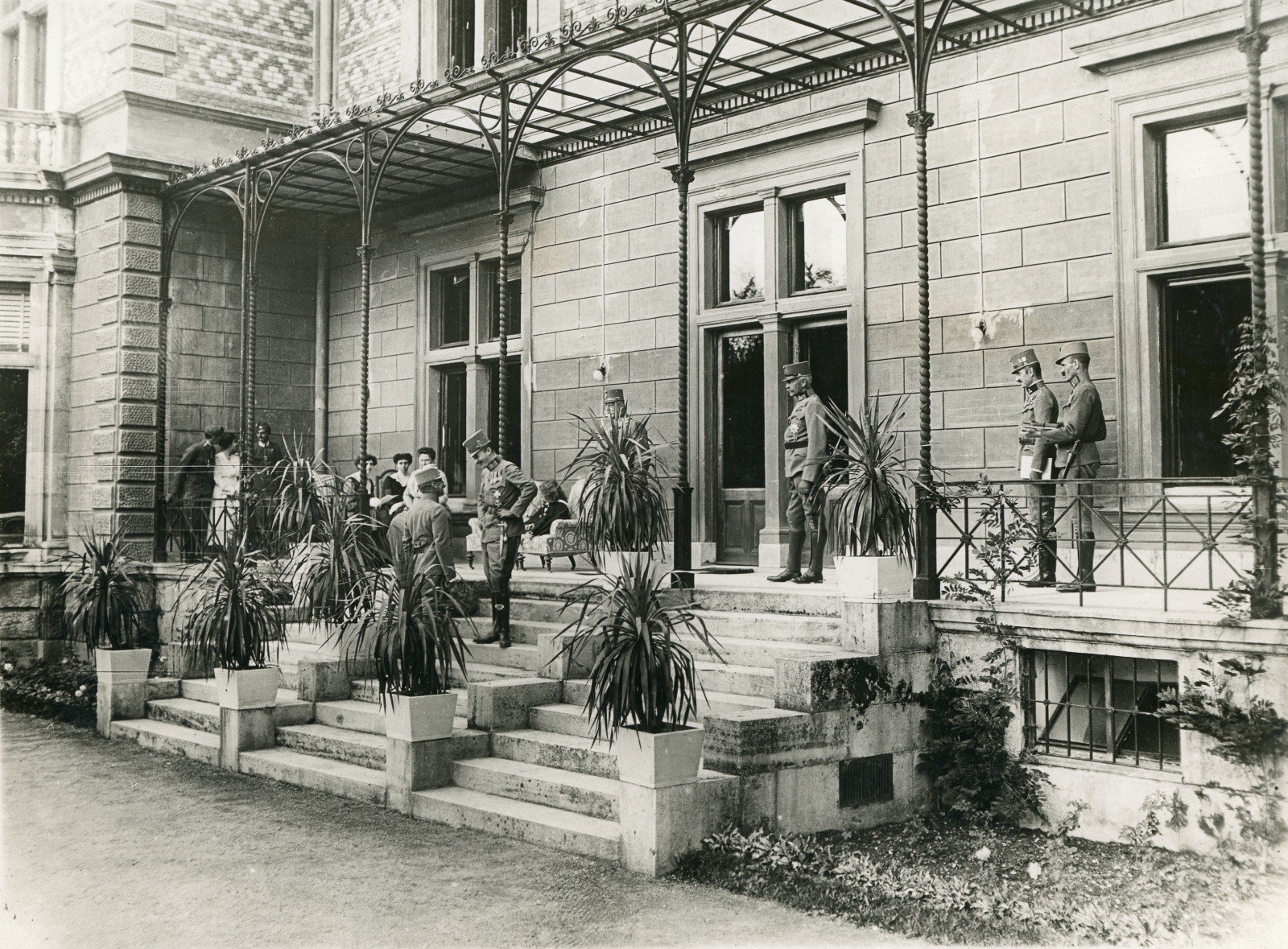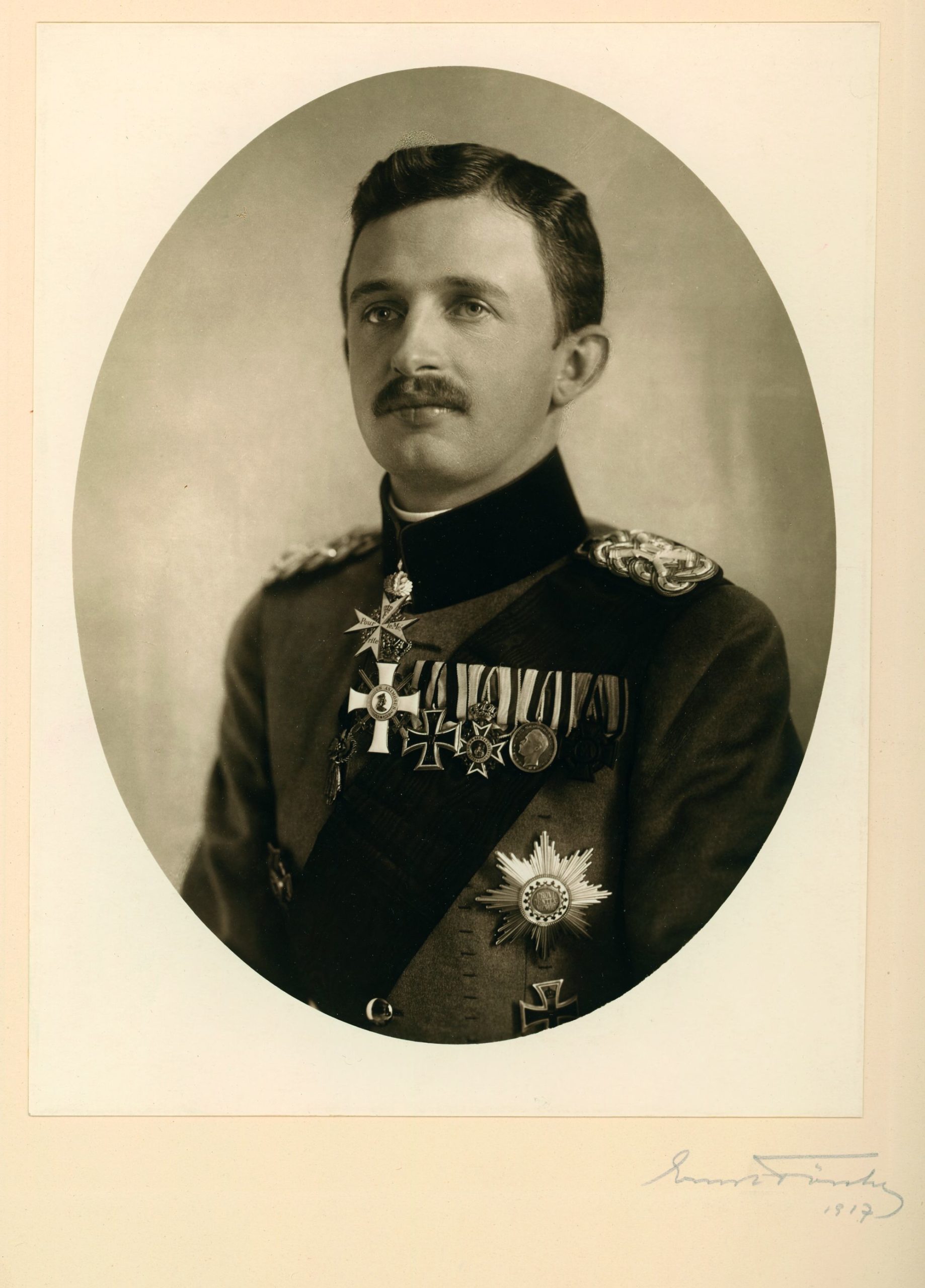PROGRAMMES
Good Will – Misfortune
Exhibition opening and panel discussion on the life and work of Emperor and King Charles.
Venue
Literatursalon, Schloss Wartholz ,
Hauptstraße 113, Reichenau an der Rax
Date
Start
2025.06.27.Friday17:00
End
2025.06.27.Friday20:00

 |
EXHIBITION OPENING AND DISCUSSION
Good Will – Misfortune
The Life and Work of Emperor and King Charles
Charles of Habsburg-Lorraine, successor to Franz Joseph I, ruled the Austro-Hungarian Empire for merely two years (1916–1918). He could not have ascended the imperial throne at a more challenging time: after a series of fateful turn of events, amid a crisis of ideologies and a world war, at a time of nationalist fervor and social upheaval, he had to “remain human in inhumanity” and accept what he believed to be his God-given responsibility for the welfare of his people. Faced with both bitter hatred directed at his person and intentions, and waves of supportive, loyal devotion, Charles strove to preserve his Christian morality and his unshakeable faith in God.
His supporters respected him for his Christian virtues, which he also sought to impart to his children: not only his unshakeable faith in God, but also his sense of duty and his determination to serve the common good. His firstborn son, Otto was deeply influenced by his father’s values and his vision of a better future. Paradoxically, however, Charles was only able to pass these values on to his children after he had lost his throne, and his ideas were hardly realised during his lifetime.
The assessment of Charles’s work has changed considerably in the more than 100 years since his death, and even today it is not free of contradictions. Nevertheless, His beatification has made him a beacon in the eyes of his admirers, illustrating the importance of eternal values for humanity.
H.E. Edit Szilágyiné Bátorfi, Ambassador of Hungary to the Republic of Austria, will give a welcome speech.
Lectures:
Iván Bertényi, Deputy Director, Collegium Hungaricum Wien
Charles as King of Hungary
Gregor Antoličič, Lecturer, Research Associate, Milko Kos Institute for History, ZRC SAZU
Emperor Charles and the Isonzo Front
Róbert Fiziker, Director, Hungarian National Archives, Sopron Branch
Emperor Charles’ Attempts to Return from the Austrian perspective
Andrej Rahten, University Professor, Milko Kos Institute of History ZRC SAZU/University of Maribor
Emperor Charles’ Attempts at Restoration from the Slovenian perspective
Vince Paál, fellow, National Authority for Media and Communications (NMHH)
Politicians of the Legitimist Movement
David Schriffl, Head of the Historical Department at the BMEIA
The subsequent panel discussion will be moderated by Gergely Prőhle, Director of the Otto von Habsburg Foundation.
Musical programme:
Serbian folk song – Ederlezi
Roma anthem – Djelem, Djelem
Hungarian folk song (Kodaly collection) – A csitari hegyek alatt
Piano solo – arrangements by Istvan Bertok
Dorota Tothova – vocals
Istvan Bertok – piano
Igor Bachman Bihary – double bass